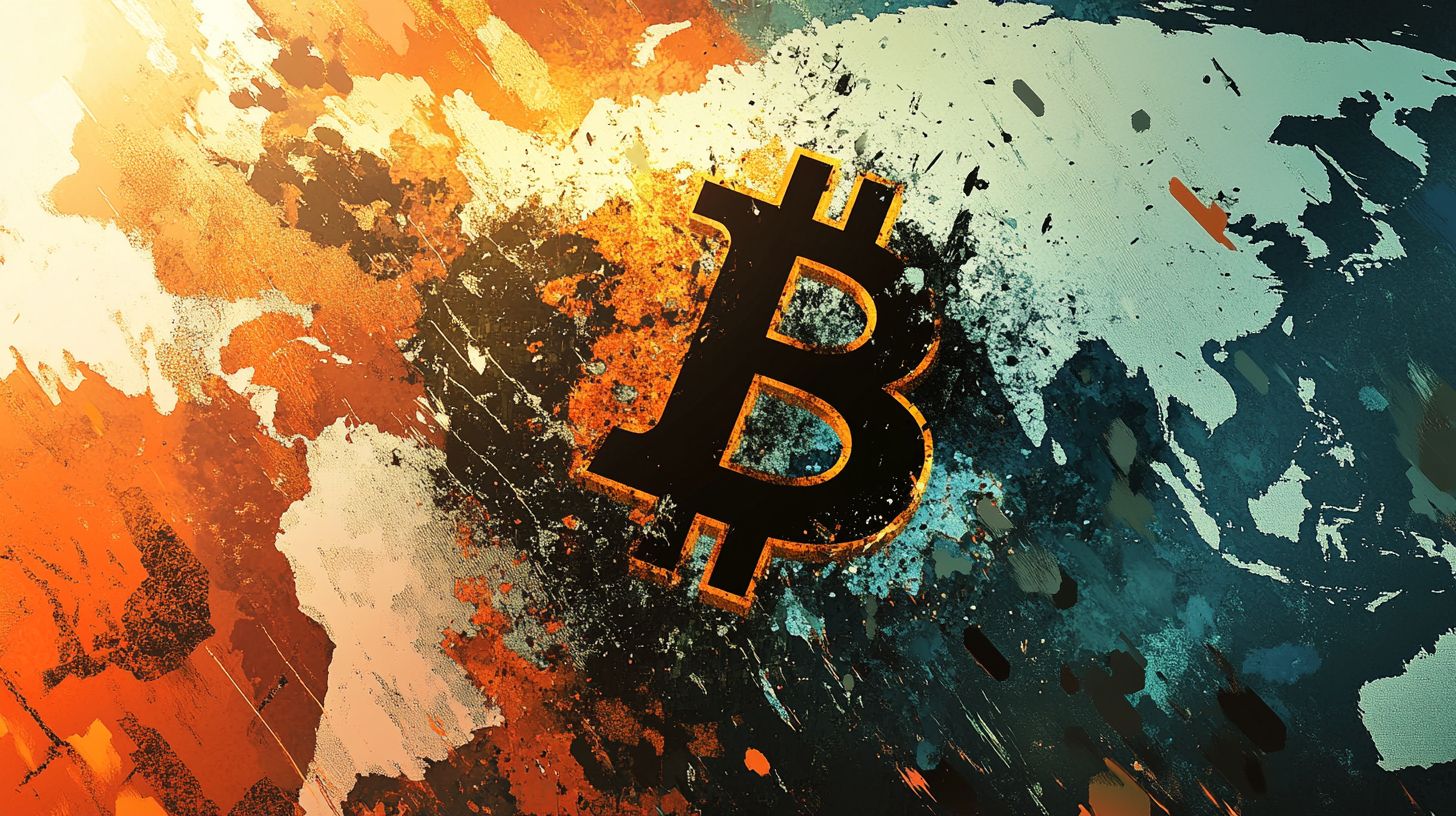Unlock the Editor’s Digest for free
Roula Khalaf, Editor of the FT, selects her favourite stories in this weekly newsletter.
China’s President Xi Jinping has praised Hungarian Prime Minister Viktor Orbán’s government for pursuing an “independent” foreign policy and “defying” great power politics on a European trip that analysts say is aimed at exploiting divisions in the EU and Nato.
Xi, who is due to arrive in Hungary from Serbia this evening at the conclusion of his five-day European tour, called for Budapest to “lead” relations between central and eastern European nations with China in a letter published by Hungarian media group Magyar Nemzet.
“We have gone through hardships together and defied power politics together amid volatile international relations,” Xi said in an English version of the article. “We have found our respective path for sovereign states to independently conduct friendly exchanges with other countries.”
The comments appeared to be a reference to how Orbán, Europe’s longest-serving prime minister, has long defied pressure from Brussels, the US and Nato, maintained friendly relations with Moscow and deepened business ties with China.
Xi told French President Emmanuel Macron on Monday at the start of his trip that the world needed to avoid a “new cold war”, part of a campaign by Chinese policymakers to convince European governments to distance themselves from US foreign policy which, it is claimed, is aimed at containing their rise.
China regards Hungary as one of its closest partners in Europe and has lavished investment promises on the country. One potential project under discussion is an electric vehicle plant for China’s Great Wall Motor, Chinese officials have said, following investments by EV maker BYD and battery maker CATL.
According to official Chinese estimates, accumulated foreign direct investment by Chinese enterprises in Hungary could reach €30bn by the end of this year.
“Our two countries need to lead regional co-operation,” Xi said in his letter, adding that Hungary could help China deepen its ties with central and eastern European countries to ensure “steady” relations between Beijing and the bloc.
While Xi’s comments will probably please the government in Budapest, they are unlikely to placate European concerns about Beijing’s priorities.
During his meeting with Macron, Xi gave no ground on European complaints that oversupply and weak demand in China could threaten EU industry through the dumping of cheap products on the bloc’s markets.
The EU is also concerned about Xi’s close relationship with Russian President Vladimir Putin and China’s growing trade with Russia, which the bloc alleges has helped Moscow withstand western sanctions since it launched its full-scale invasion of Ukraine in 2022.
Xi’s visits to Hungary and Serbia — which are seen as among Europe’s most Russia-friendly countries — will do little to dispel those concerns, analysts said.
Orbán in October became the first EU leader to meet Putin since the Russian president ordered the full-scale invasion of Ukraine.
The meeting took place in Beijing on the sidelines of the Belt and Road forum, Xi’s signature infrastructure investment initiative, where Orbán was the only European leader in attendance.
In Serbia on Tuesday, Xi lashed out at Nato over the 1999 bombing of the Chinese embassy in Belgrade, which killed three people, saying that Chinese and Serbians should “never forget” the incident.
Credit: Source link











